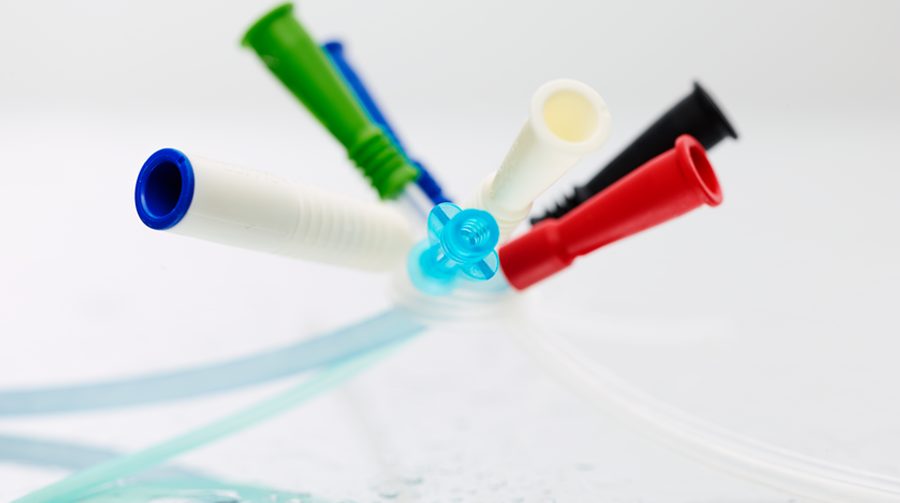One common reason behind lower urinary tract dysfunction is neurological damage secondary to spinal cord injury (SCI), spina bifida, or multiple sclerosis. Even though the everyday situation is different for people living with these conditions, they share many problems linked to their bladder.
Read MoreTopics: Neurogenic bladder, Spinal Cord Injury (SCI), Multiple Sklerose (MS)
Intermittent catheterization is a therapy that comes with many barriers. Barriers sometimes prevent practicing intermittent catheterization accurately and as a result the positive outcomes are lost.
Read MoreTopics: Clean Intermittent Catheterization (CIC)
Intermittent emptying of the bladder using a catheter (i.e. intermittent catheterization) is a first choice therapy for people with voiding dysfunctions.
Read More
Topics: Bowel dysfunction, Bladder dysfunction
Spinal cord injury (SCI) can be caused by either traumatic or non-traumatic events. The most common causes include road accidents, violence, and falls.
Read MoreTopics: Science Alert, Spinal Cord Injury (SCI)
The bladder and bowel are neighbours in the body and share innervation. Shared innervation means that the nerves travel together. This may be one reason why we commonly see an overlap in symptom profiles in lower urinary tract and colonic disorders.
Read MoreTopics: Science Alert, Bowel dysfunction, Bladder dysfunction






